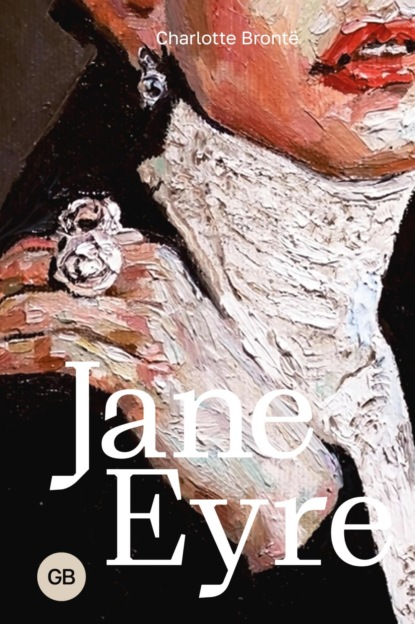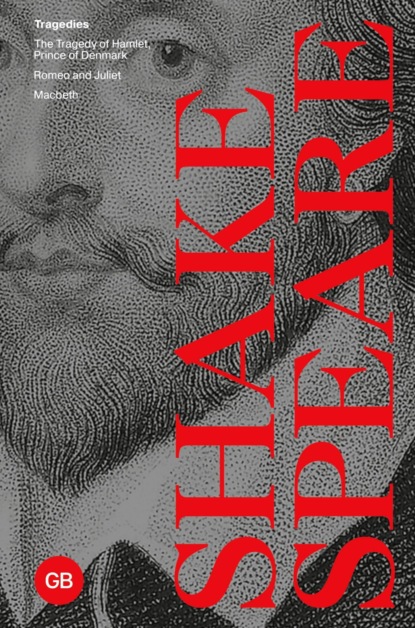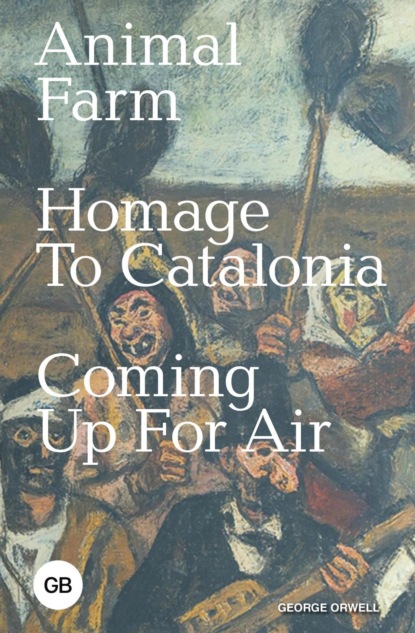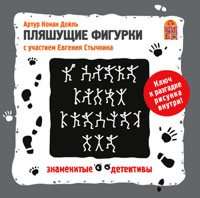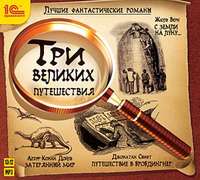The Memoirs of Sherlock Holmes and The Sign of the Four / Записки о Шерлоке Холмсе и Знак четырех

Полная версия
The Memoirs of Sherlock Holmes and The Sign of the Four / Записки о Шерлоке Холмсе и Знак четырех
Жанр: детективызарубежные детективыклассические детективыизучение языкованглийский языкзнания и навыкиклассика жанра
Язык: Английский
Год издания: 2024
Добавлена:
Настройки чтения
Размер шрифта
Высота строк
Поля
Конец ознакомительного фрагмента
Купить и скачать всю книгу

